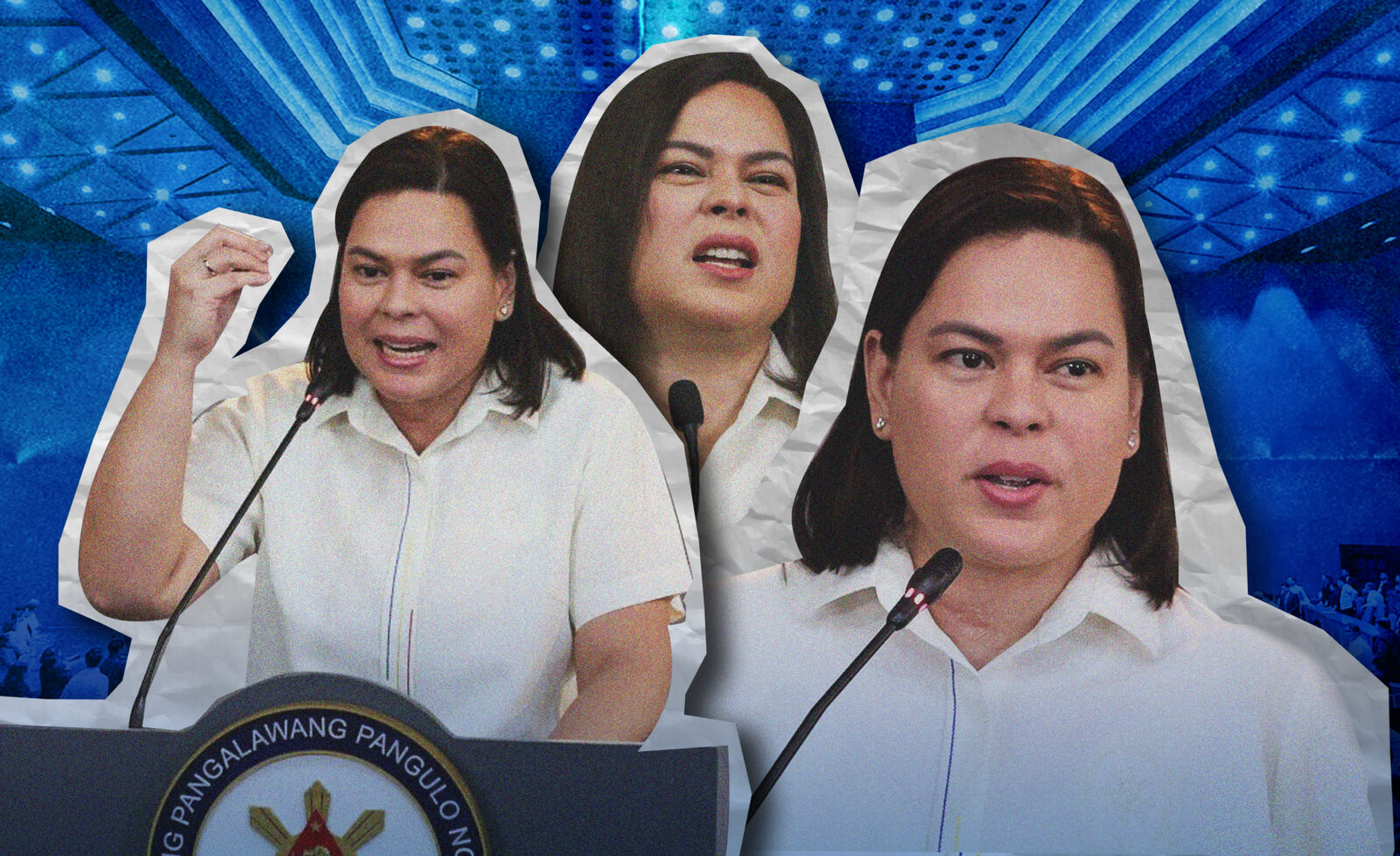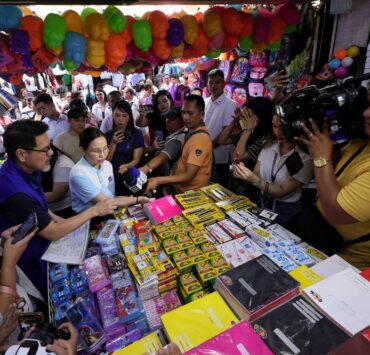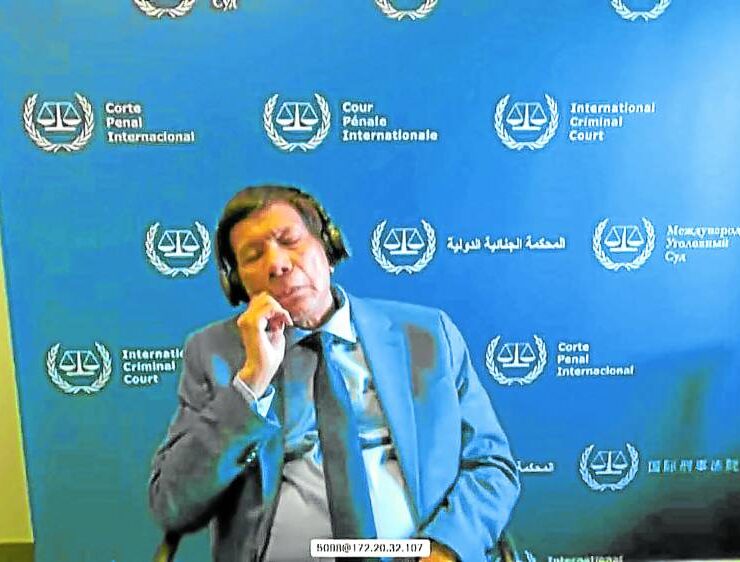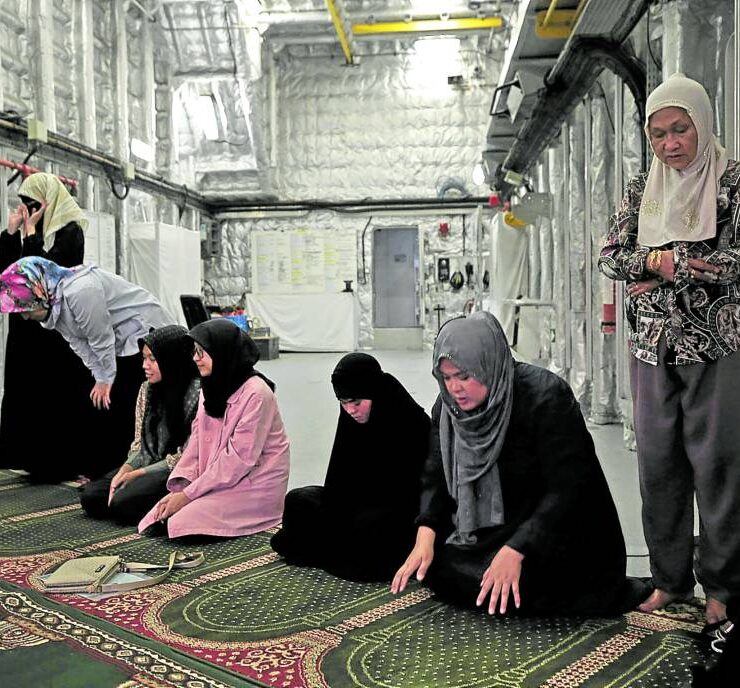Davao lawyers warn SC petition to delay VP trial

Any petition to be filed at the Supreme Court questioning the Senate’s remanding the articles of impeachment against Vice President Sara Duterte to the House of Representatives will only delay the trial, which is just what people protecting her want, according to lawyers based in the Duterte bailiwick of Davao City.
“For me, it is a trap,” said Joel Mahinay, vice chair of the Union of Peoples’ Lawyers in Mindanao (UPLM). “The camp of Sara would like the House to question the Senate’s act in the SC. In fact, Sara’s Davao lawyer already made a supplemental motion,” he added, referring to lawyer Israelito Torreon, who filed a petition last week arguing that the 20th Congress cannot take up the impeachment case.
“They want to delay the proceedings to make people tired, and so, they can settle the issue in 2028,” said Mahinay, alluding to the Vice President’s anticipated plan to run for president by that time.
Lawyer and UPLM spokesperson Arvin Dexter Lopoz, in his presentation during the forum “Democracy on Trial: The Impeachment Proceedings of Vice President Sara Duterte,” at Ateneo de Davao University on Saturday, said it is better for the House to comply with the Senate’s requirement and send the articles of impeachment and the certification back to force senators to proceed with the trial.
“They want to make it a legal issue before the Supreme Court because they want a delay, because [their position is] not defensible,” Mahinay said. “The articles of impeachment are very strong, so let’s not wonder about their delaying scheme.”
“I’d rather that they return the articles of impeachment [to the Senate] so that the trial can proceed. [Questioning it before the Supreme Court] will cause another delay but sending it back to the Senate will force the senators to act on it,” Lopoz said during his presentation attended by lawyers, law students and civil society groups.
Better remedy
Lawyer Romeo Cabarde Jr., director of Ateneo Public Interest and Legal Advocacy (Apila), agreed that while the Senate’s act had no clear basis in the Constitution, he would be cautious about bringing the matter to the Supreme Court immediately.
“While it’s crucial to challenge unconstitutional acts, timing and context matter,” he said.
He explained that a premature petition may delay the trial even further, which could be weaponized politically, and also allow those accused to invoke “sub judice” or judicial courtesy to stall accountability.
It will put the Supreme Court in a difficult position where it is asked to intervene in a coequal branch’s internal proceedings, raising separation of powers concerns, Cabarde added.
“So, for now, the better remedy is political and public pressure. Call out the remand for what it is—a constitutional deviation—and insist that the Senate fulfill its duty to try the case without delay,” he said.
“If, however, the Senate’s refusal to proceed becomes prolonged or amounts to a de facto dismissal, then a carefully crafted legal challenge may be necessary to protect the constitutional order.”
Controversial bank account
According to Lopoz, the most awaited part of the trial in the articles of impeachment will be the item involving the Vice President’s unexplained wealth and the funds involving the alleged P2.2-billion Julia Vargas account at Bank of the Philippine Islands (BPI).
He said the House must already have the Anti-Money Laundering Council (AMLC) documents because the articles of impeachment already outlined the amount in the joint bank accounts of Sara and her father, former President Rodrigo Duterte.
“Why is this the most awaited part? Because it perks up our interest as to why every time the issue is raised in the past, it always generates a violent reaction from [former President] Digong,” Lopoz said.
“When former Sen. Antonio Trillanes raised this issue again in a quad committee hearing, former President Digong was about to throw the microphone to the guy,” Lopoz recalled.
He said that during the time when the former president and his daughter sat as mayor of Davao City, the P2.2-billion account was never reflected in their statements of assets, liabilities and net worth (SALNs).
Both lawyers urged the people to be prepared for what would happen on June 21, or after the 10 days given the Vice President to answer the Senate summons.
No House railroading
This developed as the Office of the Solicitor General (OSG), in a 62-page comment on a petition filed at the Supreme Court by Mindanaoan lawyers and groups questioning Duterte’s impeachment, denied accusations of “railroading” the fourth impeachment complaint against the Vice President.
The OSG’s comment, signed by former Solicitor General Menardo Guevarra, was filed on March 27 but made public by the high tribunal only on June 13.
On Feb. 18, lawyers from Mindanao and other supporters of Duterte, led by lawyers Torreon and Martin Delgra, petitioned the Supreme Court to stop the Senate from proceeding with her impeachment trial, arguing that it was based on a “defective” impeachment complaint.
They cited in their petition, among other issues, the “malicious” inaction of the House on the first three impeachment complaints filed in December last year, as well as the alleged violation of the Vice President’s right to due process as she was not given prior notice before the impeachment complaint was signed by 215 members of the House.
This delay, they argued, was intended to circumvent the one-year ban rule, which prohibits initiating impeachment proceedings against the same official more than once within a year.
In answering these allegations, the OSG said the petitioners’ argument only showed they “lacked proper understanding” of the impeachment process outlined under Section 3, Article XI of the 1987 Constitution.
The OSG explained that there are three modes by which an impeachment complaint may be filed before the lower chamber: by a verified complaint by any member of the House, by a verified complaint filed by any citizen upon a resolution of endorsement by any member of the House, or by a verified complaint or resolution filed by at least a third of all the House members.
The third mode, from which Duterte was impeached for alleged culpable violation of the Constitution, bribery, graft and corruption, betrayal of public trust, and other crimes, is a “more straightforward method where committee proceedings are dispensed with,” the OSG pointed out.
The first complaint was filed on Dec. 2, 2024, by Fr. Flavie Villanueva and Gary Alejano and endorsed by Akbayan Rep. Percival Cendaña.
Subsequent complaints were filed on Dec. 4 and Dec. 19.
“The fourth verified complaint, filed by 215 members of the House [on Feb. 5], or more than one-third of all its members, is independent of the first three complaints. There can be no ‘railroading’ as the 215 House members merely availed themselves of the expedient method of impeachment provided in the Constitution,” the OSG noted.
Government lawyers also asserted that the House’s handling of the first three complaints was “regular and valid,” contrary to the petitioners’ claim of “railroading.”
Ultimately, the OSG said the fourth complaint is separate and independent from the other three and the court cannot invalidate that complaint nor the proceedings which emanated from it. —WITH A REPORT FROM JANE BAUTISTA





















